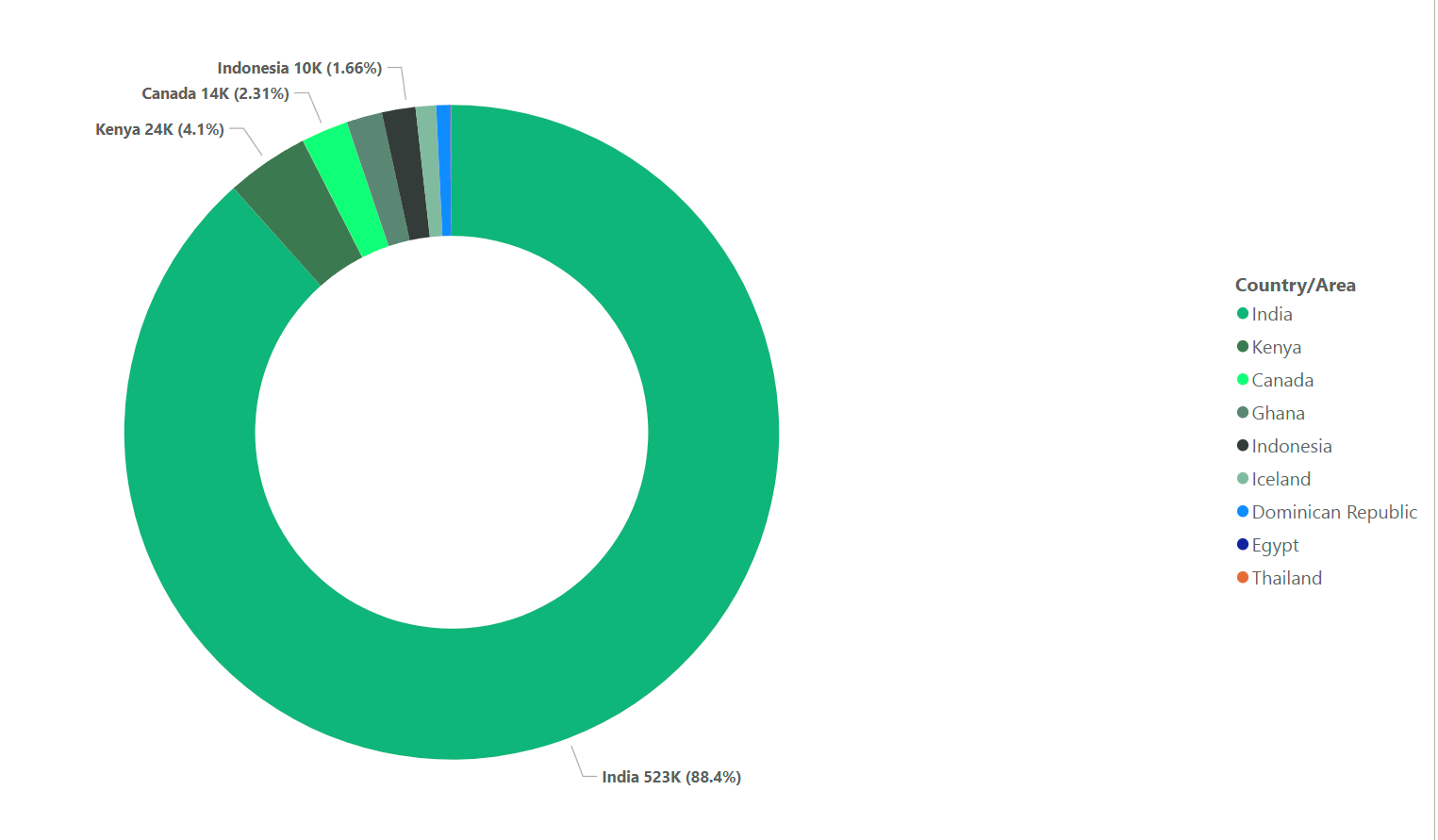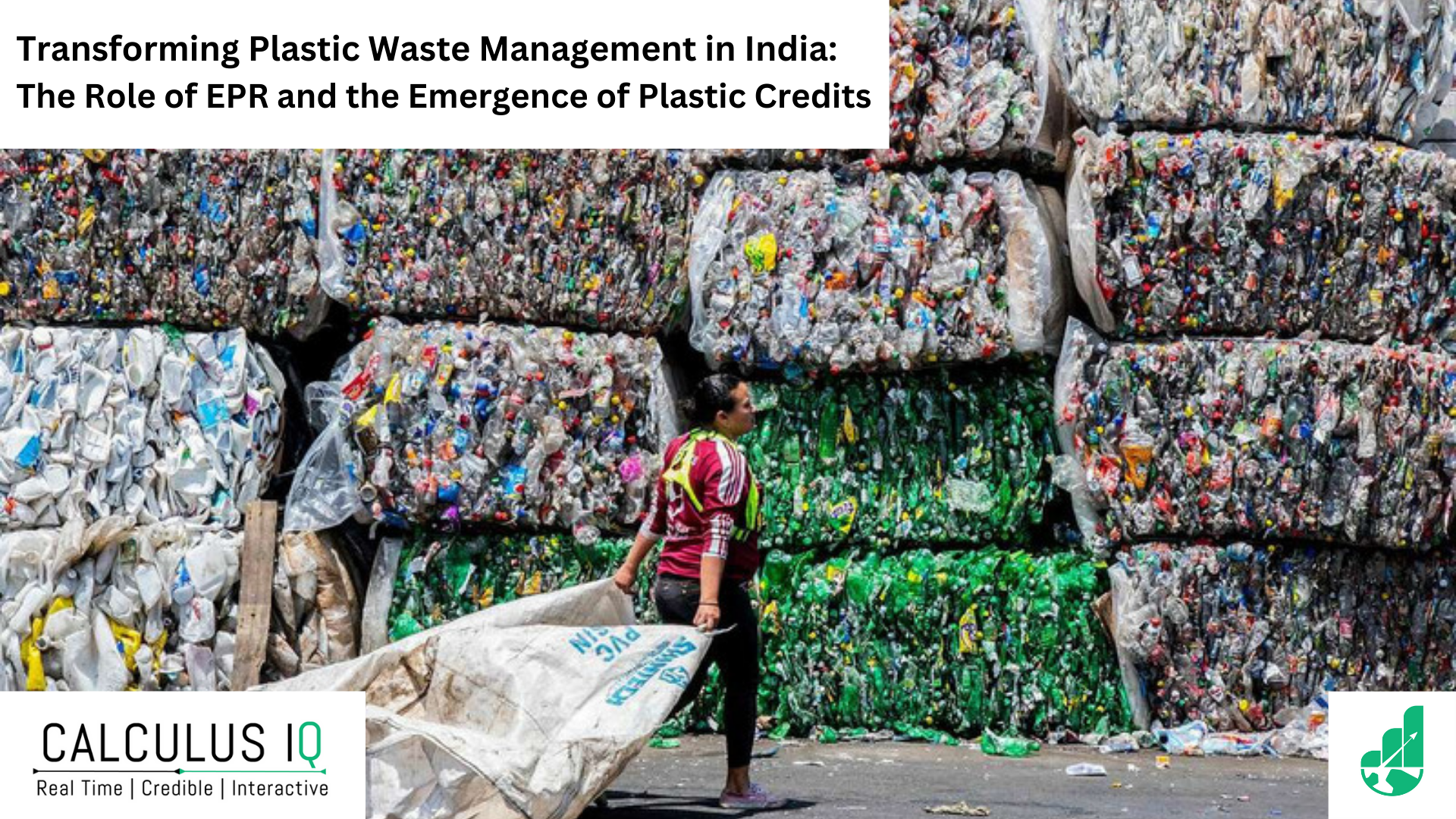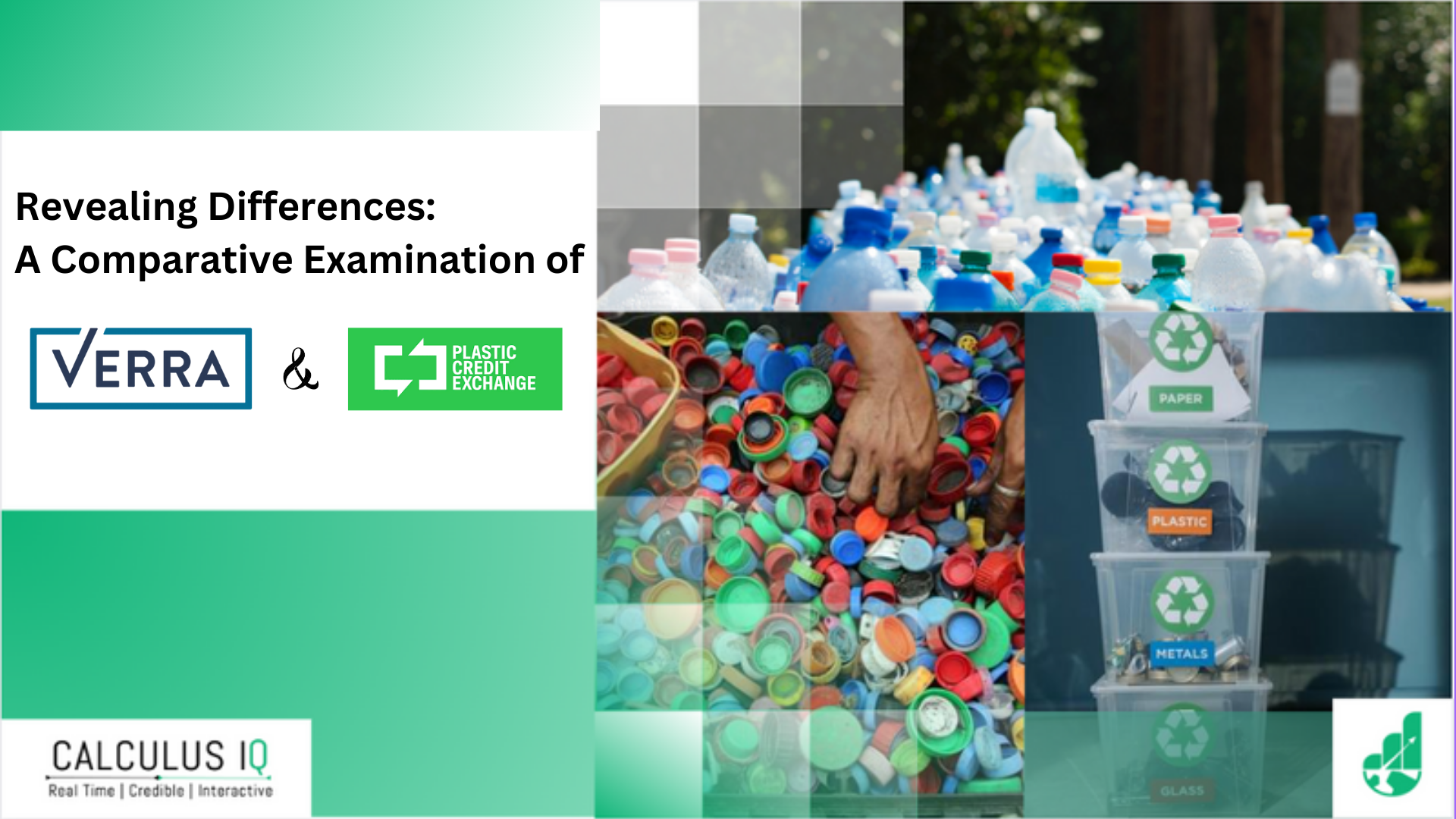
Hey there, Climate Enthusiasts! Welcome to the ninth edition of Carbon Quantified! We are excited to share our comprehensive analysis of the dynamic plastic market in this edition. Overview of the Ninth Edition: In our ninth edition newsletter, we continue our unwavering commitment to exploring key topics that shape the sustainability market and drive positive change. In this edition, we shift our focus towards two significant subjects that are revolutionizing the sustainability landscape in India: the Role of Extended Producer Responsibility (EPR) and the Emergence of Plastic Credits, as well as a Comparative Examination of Verra and PCX. Additionally, we present a data-driven article on South East Asia's Dominance in the Global Plastic Credit Market. These topics play a crucial role in addressing India's plastic waste challenges and advancing sustainable practices. The Role of Extended Producer Responsibility (EPR) has emerged as a pivotal concept in driving circular economy practices and promoting responsible plastic waste management. We explore the key features and implications of EPR, highlighting how it encourages producers to take responsibility for the entire lifecycle of their products, including proper disposal and recycling. By examining successful EPR implementations, we uncover the potential for transformative change in India's plastic waste landscape. Furthermore, we delve into the Emergence of Plastic Credits, a novel approach that incentivizes the reduction, removal, and recycling of plastic waste. This innovative concept, similar to carbon credits, offers opportunities to mitigate the environmental impact of plastic pollution. We delve into the potential of Plastic Credits in fostering circular economy practices, encouraging responsible plastic management, and creating a cleaner and more sustainable future. In addition, we conduct a Comparative Examination of Verra and PCX, two prominent organizations operating in the carbon and environmental markets. By analyzing their frameworks, methodologies, and market presence, we provide valuable insights into their similarities, differences, and respective contributions to advancing sustainability. Lastly, we present a data-driven article on South East Asia's Dominance in the Global Plastic Credit Market. Drawing on comprehensive research and analysis, we shed light on the region's pivotal role in driving plastic credit initiatives, its market share, and the factors contributing to its dominance. In the following sections, we will delve deeper into these crucial topics, providing valuable insights, analysis, and perspectives that empower stakeholders to make informed decisions and drive positive environmental impact.



Calculus IQ: South East Asia's Dominance in the Global Plastic Credit Market
The global plastic credit market is witnessing a significant shift in dynamics, with South East Asia emerging as a key player. This region, encompassing countries like India, Indonesia, and Kenya, is poised to lead the way in plastic credit projects and contribute to the sustainable management of plastic waste. In this article, we will explore the role of South East Asia in the upcoming global plastic market, focusing on the insights provided by Verra's pipeline data. Read more



Transforming Plastic Waste Management in India: The Role of EPR and the Emergence of Plastic Credits
India's commitment to effective waste management and sustainable practices has led to the implementation of Extended Producer Responsibility (EPR) policies. EPR places the responsibility of waste management on producers, importers, and brand owners, aiming to shift the burden from the government to the private sector. With the introduction of EPR guidelines for e-waste and plastic packaging, India is making significant strides in waste reduction, recycling, and promoting a circular economy. This article explores the impact of EPR in India, its current status, and its future prospects.

Revealing Differences: A Comparative Examination of Verra and PCX
The urgent need to address plastic waste has led to the emergence of innovative solutions such as plastic credits platforms. These platforms aim to offset post-consumer plastics responsibly, reducing their impact on landfills and oceans. In this comparative analysis, we will examine two prominent platforms, Plastic Credit Exchange (PCX) and Verra, to understand their approaches, achievements, and market dynamics.


![[object Object]](/lib_ubcXiSgTRmkLVyyT/k8w528b9mk1p20to.png?w=400)
